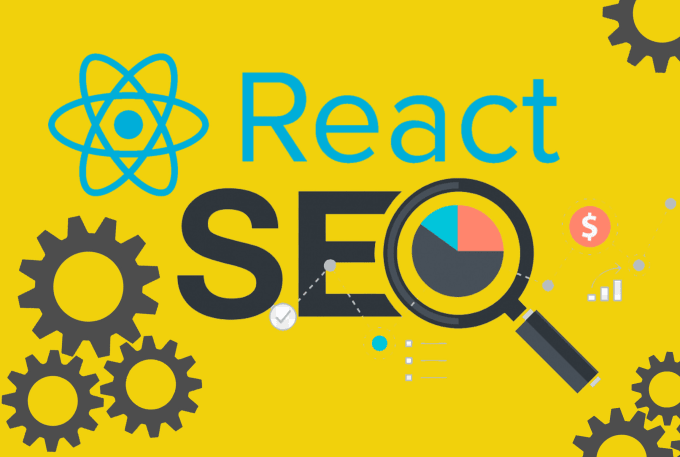React SEO: Best Practices For Building SEO-Friendly React Websites

In today’s world of digital marketing, having a website is just not enough. It’s equally important to optimize it for search engines, also known as Search Engine Optimization (SEO), to ensure that it ranks higher in the search results. React, a popular JavaScript library for building user interfaces has gained a lot of popularity in recent years. However, optimizing React websites for SEO can be a bit challenging due to the nature of its single-page applications.
In this blog, we will discuss some of the best practices and techniques to do SEO for React websites using Next.js and React.js.
- Understanding React and SEO
- Using Next.js for SEO-friendly React applications
- Importance of SEO for React Websites:
- Common SEO Challenges with React Websites:
- Best Practices for SEO-Friendly React Websites:
- Optimising React Website Performance for SEO:
- Leveraging Server-Side Rendering for SEO:
- Managing Meta Tags and Structured Data in React:
- Use descriptive URLs
- Optimize your content
- Mobile Optimisation for React Websites:
- Optimize images
- Monitoring and Measuring SEO Performance for React Websites:
- Using Next.js for SEO-friendly React applications
- Implementing SEO best practices in React applications
- Use meta tags
- Optimize your content
- Use descriptive URLs
- Optimize images
React is a popular JavaScript library for building single-page applications (SPAs) that render dynamically without page reloads. SPAs are great for delivering a fast and seamless user experience, but they can present challenges for SEO because the content is often loaded dynamically using JavaScript.
In a traditional website, each page has its unique URL, metadata, and content. Search engines like Google can easily crawl and index these pages, making it easy for users to find them. However, in React applications, the URL usually remains the same, and the content is updated dynamically without a page reload. This presents a challenge for search engines, as they have to rely on JavaScript to crawl and index the content.
Next.js is a popular React framework that offers several features for building SEO-friendly applications. It is built on top of React and provides server-side rendering, automatic code splitting, and other performance optimizations that can help improve your website’s SEO.
One of the essential features of Next.js is server-side rendering (SSR), which allows the application to generate HTML on the server and deliver it to the client, making it easier for search engines to crawl and index the content. With SSR, search engines can see the fully rendered HTML content, including metadata and other SEO elements, making it easier to rank your website higher in search results.
Next.js also offers automatic code splitting, which means that it only sends the necessary code to the user’s browser, improving the page’s load time. Faster page speed is an important factor for SEO, and Next.js helps you achieve it by automatically optimizing your code.
SEO is the cornerstone of online visibility and success. Regardless of the technology stack, ensuring your React website is optimised for search engines is essential for attracting organic traffic. The symbiotic relationship between React and SEO plays a pivotal role in maximising the impact of your digital presence.
React websites present unique challenges, such as slower initial load times and potential issues with client-side rendering affecting indexing. Overcoming these challenges involves adopting best practices, optimising code, and considering server-side rendering to enhance SEO performance.
Creating an SEO-friendly React website starts with a clean URL structure, optimising on-page content, and prioritising relevant keywords. By implementing these best practices, you lay a solid foundation for search engines to understand and rank your content appropriately.
Website performance directly influences SEO rankings. Implementing techniques like code splitting and lasy loading in your React applications can significantly enhance performance, contributing to a positive SEO impact.
Server-side rendering (SSR) emerges as a solution to React's SPA challenge. By rendering pages on the server and delivering a fully-rendered HTML page to the client, SSR improves SEO by ensuring search engines can easily crawl and index your content.
Meta tags are HTML tags that provide information to search engines about the web page’s content, such as title, description, and keywords. Adding relevant meta tags to your React application can help search engines understand what your website is about, and aids in understanding the context and relevance of your content, which can help rank it higher in search results.
Your website’s URLs should be descriptive and include relevant keywords. This makes it easier for users to understand what the page is about and helps search engines crawl and index the content.
Your website’s content is the most critical factor for SEO. Make sure that your content is high-quality, relevant, and optimized for your target keywords. Also, include internal links to other pages on your website, as this can help search engines crawl and index your content. Also the headings and subheadings like H1, H2, H3 tags should be structured properly and checked with SEO tools like SEO Meta in 1 Click or SEO Meta Inspector.
Mobile optimisation is no longer a choice but a necessity for SEO success. Ensure your React websites are responsive and provide an optimal user experience on various devices, contributing to higher search engine rankings.
Images are an essential part of any website, but they can also slow down your page’s load time. To improve your website’s SEO, make sure that your images are optimized for size and include relevant alt text.
SEO is an essential part of any website’s success, and React applications are no exception. By using Next.js and implementing SEO best practices, you can improve your website’s visibility and rank higher in search results. Make sure that your website’s content is high-quality, relevant, and optimized for your target keywords.
Tools like Google Analytics and Google Search Console are invaluable for monitoring and measuring SEO performance. Track key metrics such as organic traffic, bounce rate, and average session duration to make informed decisions for ongoing optimisation.
Next.js is a popular React framework that offers several features for building SEO-friendly applications. It is built on top of React and provides server-side rendering, automatic code splitting, and other performance optimizations that can help improve your website’s SEO.
One of the essential features of Next.js is server-side rendering (SSR), which allows the application to generate HTML on the server and deliver it to the client, making it easier for search engines to crawl and index the content. With SSR, search engines can see the fully rendered HTML content, including metadata and other SEO elements, making it easier to rank your website higher in search results.
Next.js also offers automatic code splitting, which means that it only sends the necessary code to the user’s browser, improving the page’s load time. Faster page speed is an important factor for SEO, and Next.js helps you achieve it by automatically optimizing your code.
To summarise, the power of React along with SEO best practices is important for achieving online success of your website. By understanding the details of React's impact on SEO, addressing common challenges, and implementing proven strategies, you pave the way for a solid online presence that works for both users and search
In addition to using Next.js, there are several SEO best practices you can implement to optimize your React application for search engines.
Meta tags are HTML tags that provide information about the web page’s content, such as title, description, and keywords. Adding relevant meta tags to your React application can help search engines understand what your website is about, and rank it higher in search results.
Your website’s content is the most critical factor for SEO. Make sure that your content is high-quality, relevant, and optimized for your target keywords. Also, include internal links to other pages on your website, as this can help search engines crawl and index your content.
Your website’s URLs should be descriptive and include relevant keywords. This makes it easier for users to understand what the page is about and helps search engines crawl and index the content.
Images are an essential part of any website, but they can also slow down your page’s load time. To improve your website’s SEO, make sure that your images are optimized for size and include relevant alt text.
SEO is an essential part of any website’s success, and React applications are no exception. By using Next.js and implementing SEO best practices, you can improve your website’s visibility and rank higher in search results. Make sure that your website’s content is high-quality, relevant, and optimized for your target keywords.
Also Read :
React SEO: How to Optimize Your React Website for SEO
Next.js SEO: Best Practices for Improving Your Website’s Rankings on Google
The Ultimate Guide to Next.js SEO: Expert Tips and Best Practices for Top Google Rankings
Nextjs SEO: Exploring Advanced Techniques for Next.js Websites for Increasing Search Engine Visibility
Need help? Call our award-winning support team at +31 (0)636079961 | +91 7974442814

AskGalore is a Solution Centric, Creative and Client-friendly Information Technology & Marketing company. We work towards the satisfaction of our clients while delivering the highest quality standards.
USEFUL LINKS
GET IN TOUCH
Canada:
4025 River Mill Way, Mississauga, ON L4W 4C1, Canada
Netherlands:
Landfort 64. Lelystad 8219AL
USA:
Agomic Labs, 9901 Valley Ranch Pkw E Ste 1030 Irving TX 75063
India:
4A, Mapple High Street, Hoshangabad Road, Bhopal, MP.